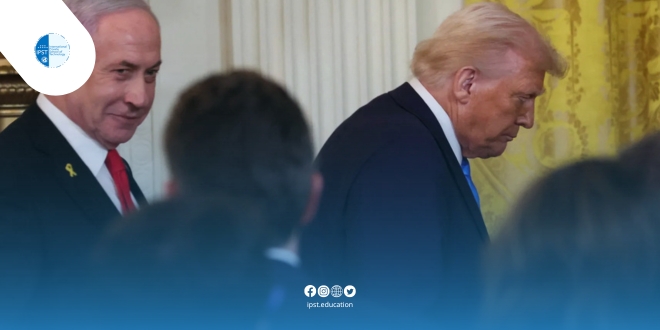Trump’s Trade Policies Could Harm Israeli Exports to the United States
Calcalist recently published a report highlighting growing concerns among foreign trade experts in Israel over the potential imposition of new tariffs on Israeli products by former U.S. President Donald Trump, particularly in the pharmaceutical and semiconductor sectors. These concerns raise fears about the potential negative impact on Israeli exports to the United States, one of Israel’s most important trading partners.
Trump’s Trade Policies: A Threat to the Israeli Economy
According to the report, Trump views tariffs as a key tool in restructuring the U.S. economy. His goal is to strengthen domestic industries and reduce the trade deficit by imposing these tariffs on various countries, including Israel, which has benefited from a free trade agreement with the U.S. that came into effect in 1985 and was expanded in 1995.
However, the report suggests that this agreement may not be sufficient to protect Israel from new tariffs that the Trump administration may impose, particularly as trade tensions rise.
The Israeli Economy: Dependence on Services and Vital Industries
Israel is one of the advanced economies that heavily relies on the services sector, with its commercial service exports to the U.S. exceeding $20 billion in 2021, representing 48% of its total service exports. In comparison, industrial goods exports (excluding diamonds) were about $14.2 billion in 2024.
However, the report indicates that Trump’s policies focus more on imposing tariffs on physical goods, which could put Israel’s vital industrial sectors at risk. Israeli trade attaché in Washington, Yoav Seidel, explained that Trump sees tariffs as an effective tool to protect American industries, adding, “Trump seeks to bring jobs back to American factories, and he believes that tariffs are the best way to achieve this, especially against countries like China, Canada, and Mexico, and Israel may not be exempt from these policies.”
Threats to the Pharmaceutical and Semiconductor Sectors
Among the most vulnerable sectors, according to the report, are pharmaceuticals and semiconductors, with Israeli pharmaceutical exports to the U.S. reaching $2 billion annually. Meanwhile, semiconductor and electronic board exports totaled $6.5 billion, representing 12% of Israel’s total industrial exports. These sectors are key pillars of Israeli exports to the U.S., and therefore, the imposition of tariffs on them could have a significant impact on Israel’s economy.
Government Neglect and Economic Warnings
Despite repeated warnings from trade and economic experts, the report notes that the Israeli government seems to be ignoring these risks, hoping that the close relationship between Trump and Israel will protect it from tariff impositions. However, economic data shows that the trade deficit between the U.S. and Israel has increased by 30% in just three years, which could make Israel a target of Trump’s economic policies.
Sources:
- Calcalist
- Economic Data from the Bank of Israel
- Economic Reports from the Peterson Institute for International Economics



